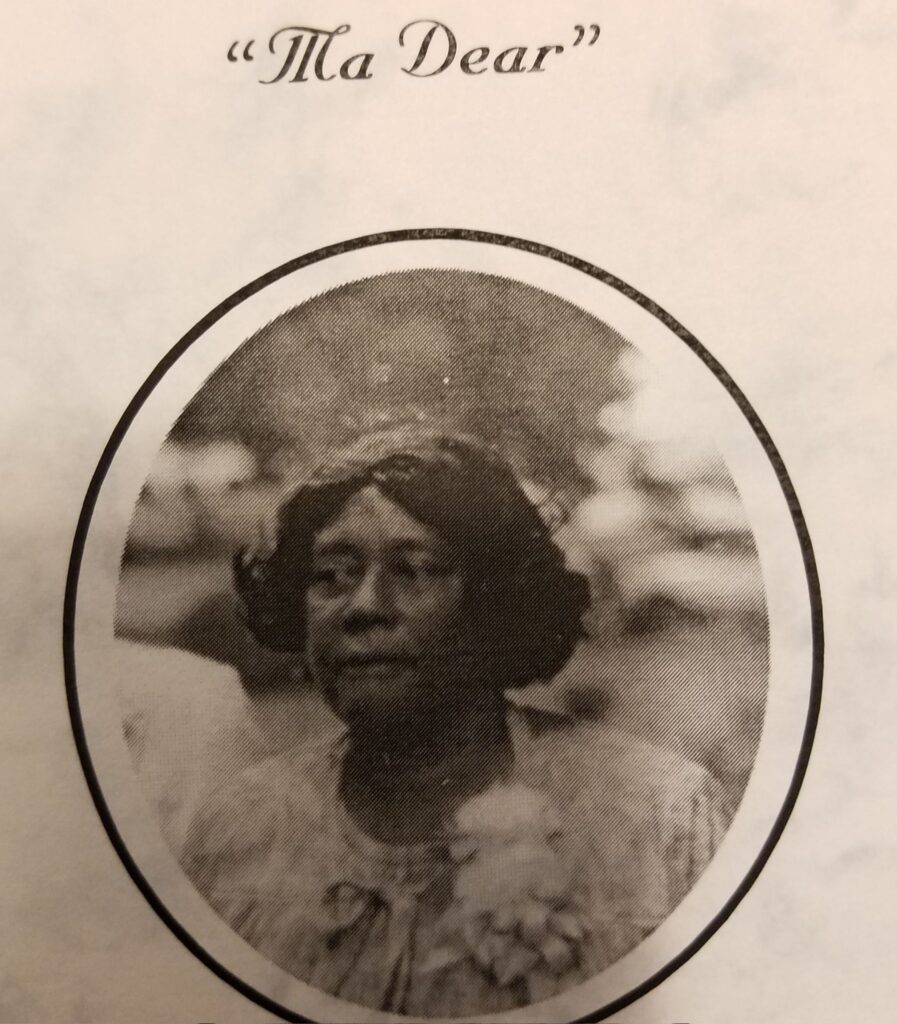My late mom was the strongest woman I knew. This no-nonsense lady guided her five children to success in spite of living in the Jim Crow South. I’m the youngest of five children and remember thinking she was my personal “Fannie Lou Hamer.” We called her MaDear.
After MaDear and Dad married, he served in the Army during WWII. At the time, they lived in Mississippi. After he was discharged, like so many other r Black veterans, he was denied G.I. benefits. Segregationist John Rankin was a member of the U.S. House of Representatives. He used his power to deny federal benefit programs to Black Americans. He was the main House sponsor of the G.I. Bill. He insisted that its administration be decentralized, which led to continued discrimination against Black veterans in the South. This meant they were excluded from loans, training, and employment assistance. As a result, we lived in poverty.
MaDear supported Dad throughout their marriage. After giving birth to four children at home, they made a decision to move to neighboring Tennessee. I was born in a charity hospital three years after they moved. Tennessee had a compulsory school law and they were determined their children would receive a proper education. Dad took the Civil Service Examination, earned a cumulative score of 97, and obtained employment at the Army/Air Force Depot. Unfortunately, he was booted out of his job because a white man needed to work. Afterwards, he was only able to work as a day laborer, mostly in cotton fields. We moved frequently in search of better opportunities. Each move was to a shack on a landowner’s farm. Our Christian parents knew the road would not be easy, but they had the strength to endure.
We lived in poverty, but our shacks were filled with laughter and love. We studied by the light of coal oil lamps. By age sixteen, their oldest son’s life was threatened twice because he insisted on going to school instead of working in cotton fields. Our parents sent him away to live with a relative so he could finish high school. MaDear’s heart was torn, but she was strong.
I remember when three white men came to our shack with rifles. They were looking for my parent’s second oldest son. MaDear blocked the door and demanded to know why they were looking for her son. Her right hand was within reach of the shotgun. I don’t think they expected her reaction, got in their beat up pick-up truck and left. MaDear would die before she let anyone hurt her children.
MaDear scrubbed the plank floors of the shacks we lived in with lye soap. Food was scarce, so she worked in the cotton fields, saved money for seeds, and planted a garden. She cooked a special meal for Sundays and holidays. When the weather was nice, she dug worms, and went to her favorite fishing hole to fish. We wore hand-me-down clothes, but she boiled them in a big pot on the wood burning stove. Afterwards, she ironed them to perfection.
Many days, she did without so we could eat. She ate a piece of bread and drank coffee. I never heard her complain. She was a strict but loving disciplinarian. We knew by the look on her face not to challenge her.
Prior to my older brother’s teen years, we didn’t own a car. We walked everywhere. One day when walking, I was looking down at my feet. She gently held my chin up and told me to never walk with my head down. She explained that my feet knew where they were going and didn’t need my help. I never forgot that life lesson and so many others.
All five children graduated from high school, went to trade school, the military, or college. In spite of living in abject poverty in the segregated South, we achieved success. I’m grateful to the guidance from my parents. They remained married until death.
I wrote two memoirs about growing up in poverty and our journey out.
They’re available at:
Amazon
Francie Mae. May 12, 2024.
Reference
Website. Wikipedia. John E.Rankin. Accessed May 12, 2024.
